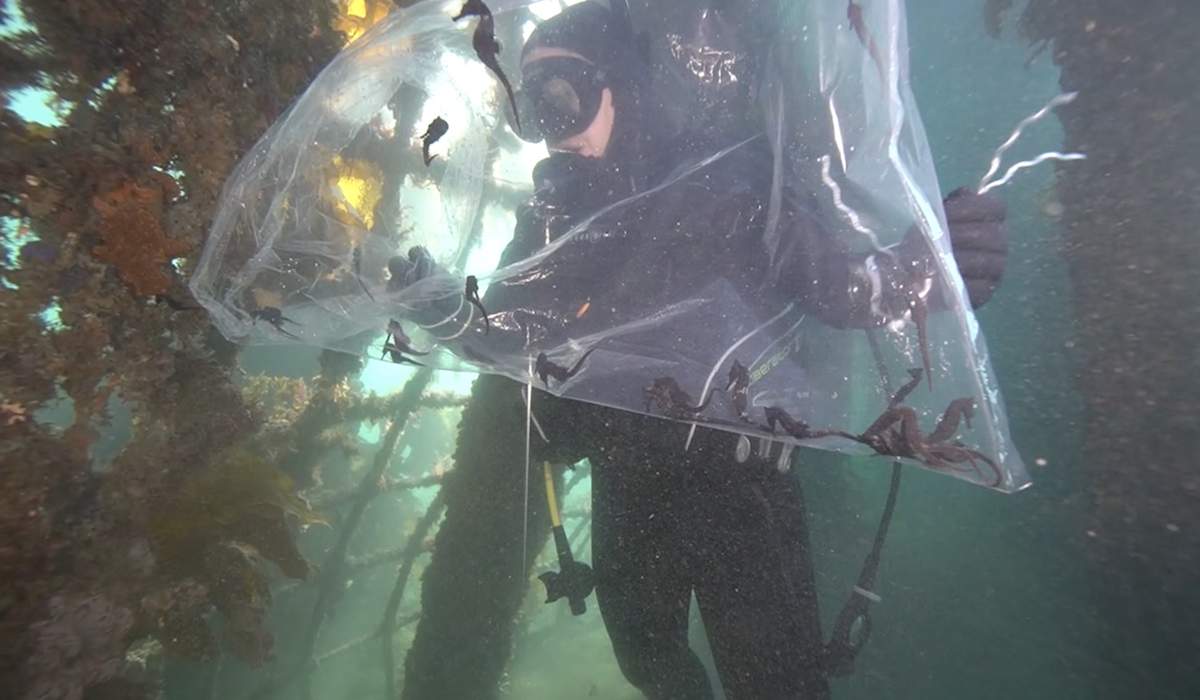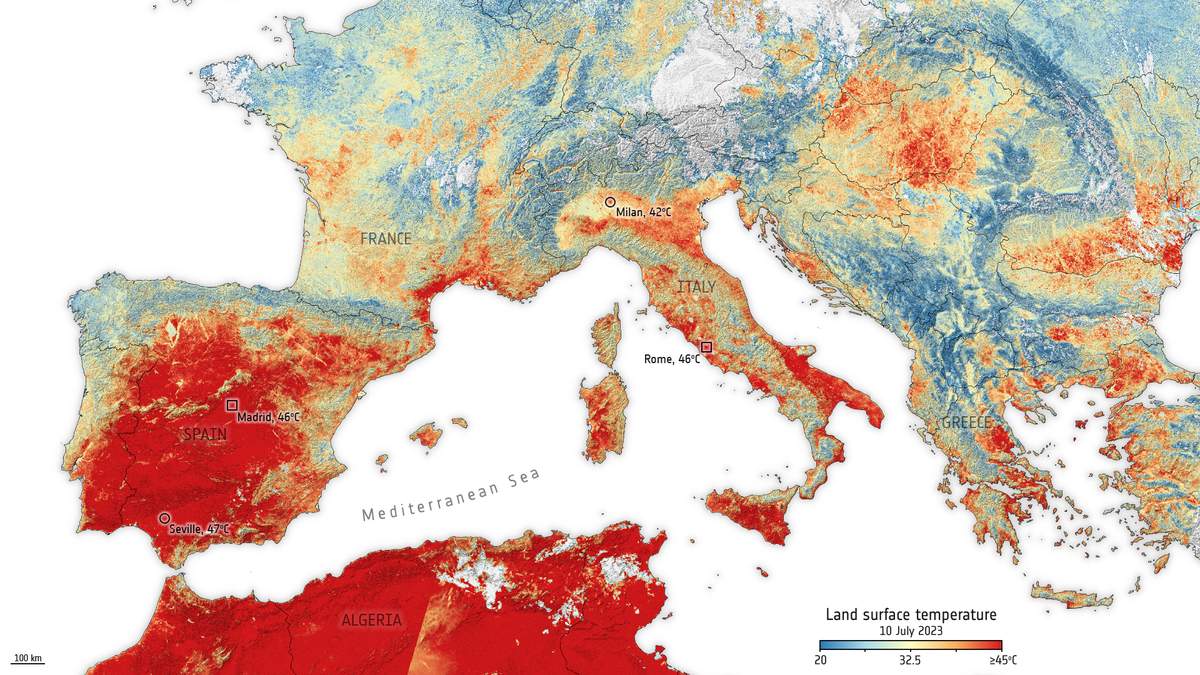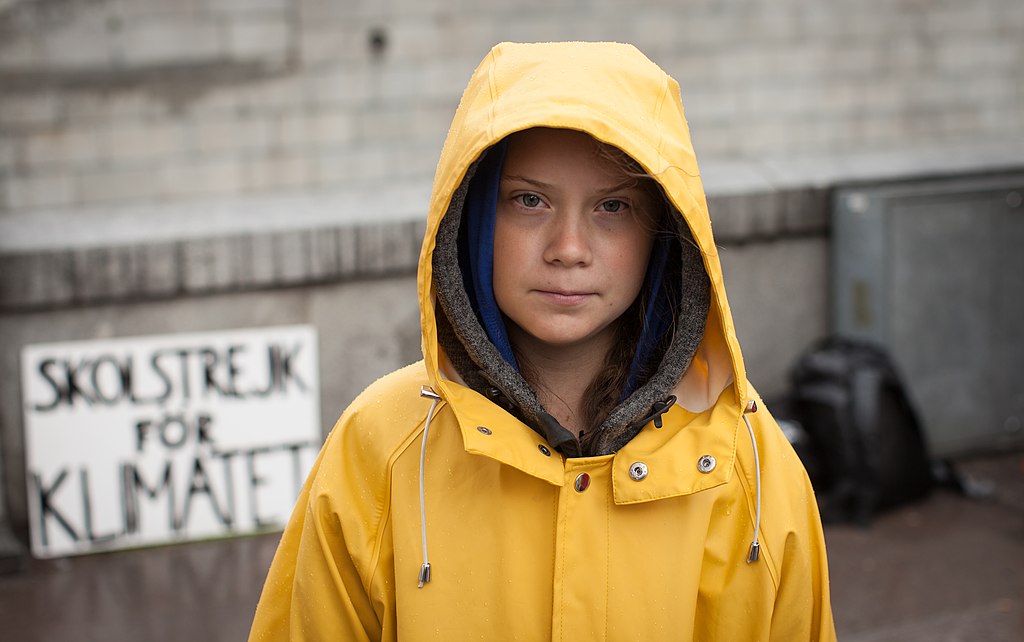On August 1, new rules went into effect in the United States that make it against the law to sell most incandescent light bulbs. These are older-style light bulbs that create light by heating a wire. The law is expected to save energy and help the environment.
Published in “Environment”
Last week, three wildfires swept through the island of Maui in Hawaii. The fires have killed at least 96 people and destroyed over 3 square miles (8.5 square kilometers) of land. Some of the fires are still burning, but the danger seems to have passed.
In a world-record effort to help save a rare sea creature, Australian scientists have released hundreds of baby seahorses into the wild. The tiny seahorses are endangered, and the scientists hope the new seahorses will help their numbers grow.
Recently, people around the world have been experiencing some of the hottest weather ever recorded. In some places, the weather has been so hot that it's been dangerous. The extreme weather is being caused by climate change.
The United States has destroyed the last of its chemical weapons. This means that the last known chemical weapons in the world are gone. The event marks the end of a long effort to get rid of all chemical weapons worldwide.
A group of young people are suing the state of Montana for failing to protect the environment for their future. The trial began last week. The results of the trial could be important in showing whether governments can be forced to take climate action.
The world's most famous "school striker", Greta Thunberg, has held her last school strike for the climate. Ms. Thunberg, who's 20, graduated from high school last Friday. She says she'll continue to fight for climate action, she just won't be skipping school anymore.
Scientists at the University of Massachusetts Amherst have invented a new way to make electricity. Their method uses super-tiny holes to make electricity from moisture in the air. The scientists hope the method will one day lead to cheap, clean electricity anywhere at any time.
A group of scientists from the University of Kitakyushu in Japan has come up with an unusual solution to a messy problem. They've taken dirty diapers, and used them to replace some of the sand needed to build a house with concrete.
On Monday, California, Arizona, and Nevada reached an agreement to cut back on the amount of water they take from the Colorado River. The plan represents progress in tackling the river's shortage of water. But stronger cuts will be needed to keep this important river from running dry.











